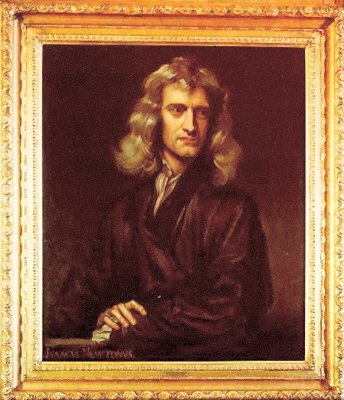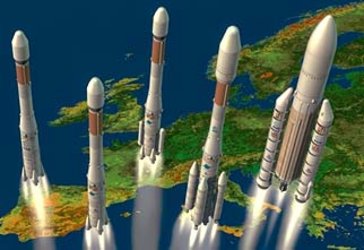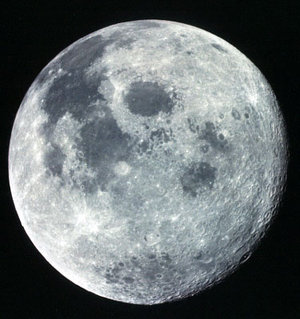25 December
2003: On 25 December 2003, ESA's Mars Express entered orbit around Mars.
After a journey lasting 205 days and covering 400 million kilometres, the Mars Express space probe fired its main engine at 03:47 CET for a 37-minute burn in order to enter an orbit around Mars.
This firing gave the probe a boost so that it could match the higher speed of the planet on its orbit around the Sun and be captured by its gravity field.
At approximately the same time, the Beagle 2 lander entered the Martian atmosphere at high velocity and was expected to have reached the surface at about 03:52 CET. However, all attempts to communicate with Beagle 2 failed and the probe was later declared lost.
In the course of the following weeks, the orbit of Mars Express was gradually adjusted in order to prepare for its scientific mission. On 30 December, ESA's ground control team sent commands to fire the spacecraft's engines and placed it in a polar orbit. From there, Mars Express performed detailed studies of the planet's surface, subsurface structures and atmosphere.

1642: On 25 December 1642, Sir Isaac Newton was born.
Newton was an English physicist and mathematician, who was the dominating figure of the scientific revolution of the 17th century.
In optics, his discovery of the composition of white light integrated the phenomena of colours into the science of light and laid the foundation for modern physical optics.
In mechanics, his three laws of motion, the basic principles of modern physics, resulted in the formulation of the law of universal gravitation.
In mathematics, he was the original discoverer of calculus. Newton's Philosophiae Naturalis Principia Mathematica, published in 1687, was one of the most important single works in the history of modern science.











